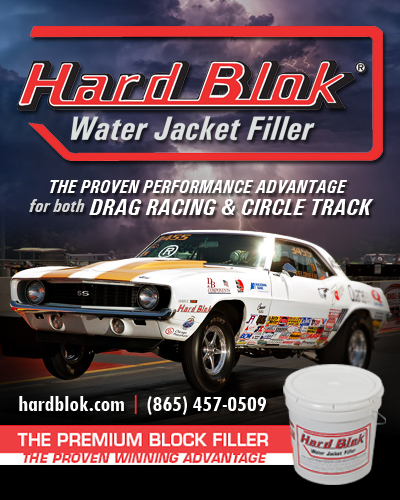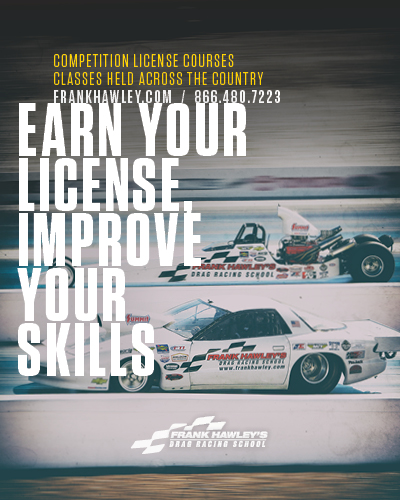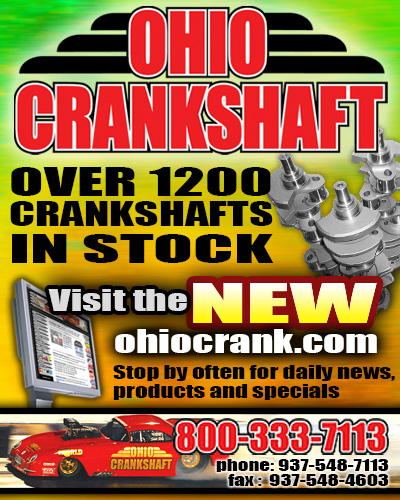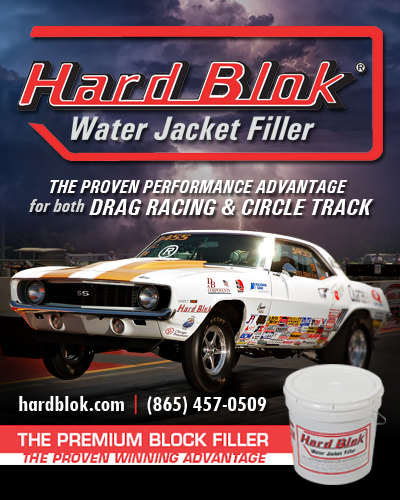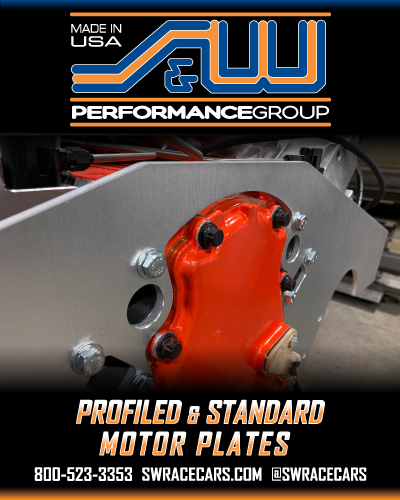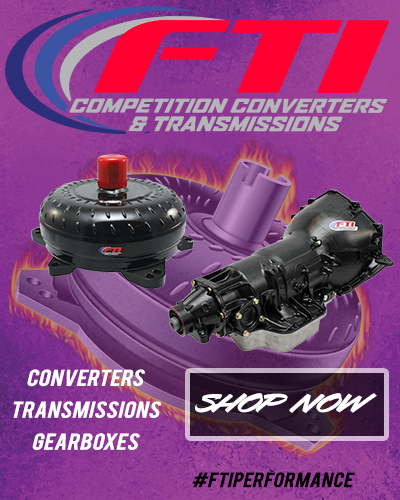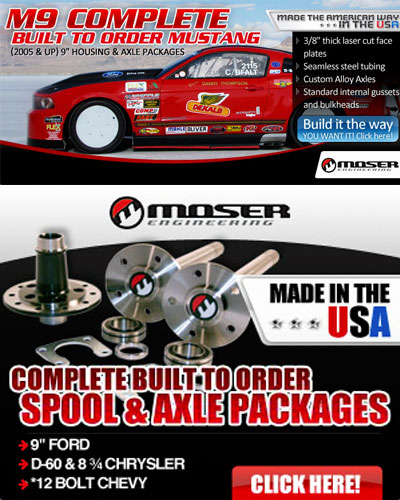TYLER CROSSNOE DISCUSSES THE CHALLENGES OF BEING A DRAG RACING PROMOTER
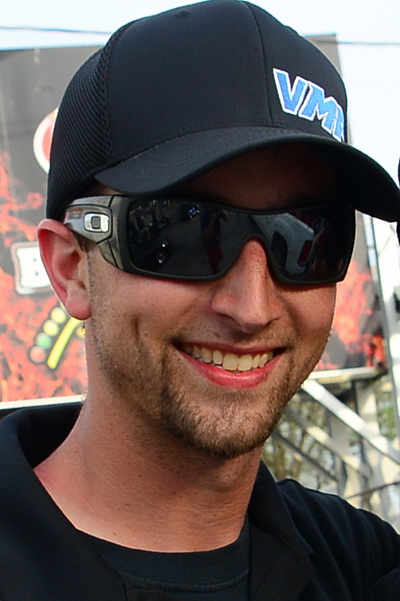 Tyler Crossnoe isn't prepared to say it's over for good, but at least for this season, there will be no Outlaw Street Car Reunion 8. The risk just isn't worth the reward for the event this year.
Tyler Crossnoe isn't prepared to say it's over for good, but at least for this season, there will be no Outlaw Street Car Reunion 8. The risk just isn't worth the reward for the event this year.
"We came off a tough one last year, and ... with the rainout and then all the drama that ensued afterwards," Crossnoe explained. "We tried to patch it all back together and do the best we could with taking care of the racers on paying the payout, even when we did get rained out on Saturday morning and all that. We really felt like we tried to do everything right as far as the promotion side and the racer side and all that."
A combination of weather and controversy regarding elapsed times made the experience of last year's event more than a challenge.
"When we started doing our renewals and sponsorship stuff, we just had a really tough time in gathering commitments and people coming back on board for the event," Crossnoe explained. "It just got to a point where past profitability numbers and the bottom line wasn't matching up to where you're at least going to break even. The way the numbers looked, even if we had our best event yet, we were going to be on the verge of just breaking even."
For Crossnoe, cancellation this year appeared to be the best option. If there's one thing he's learned in his years of promotion; it's a lot harder than it looks.
"I'll be honest, I really think that's one of the areas in racing that a lot of people don't understand, even from a facility side where now I'm up in Virginia week in and week out, but even just on the individual races per motor side," Crossnoe explained. "There's track rental bills, there's insurance, there's advertising, and then transportation to get there, whether you bring in added employees that are skilled in certain positions to make the event run smoother, equipment rentals. And at that point, you haven't even paid the purse yet, and I don't really think people understand how much is at risk.
"Everybody kind of gets the, "oh, it's got a sponsor, that must be paid for."
"Some people understand it, and a lot of people are misled by the fact of the way a purse works. A lot of people look at that and go, 'Man, it's a $10,000.00 to win purse," and they think, "Oh, well I'm sure somebody gave them the ten grand."
"That's nice and great, but you also have a runner up, two semis, four quarters, and if you pay eighths, then you've got eight of those. And people forget that $10,000.00 to win purse may look nice, but it's a $22,000.00 purse at the end of the day when you have to pay it out."
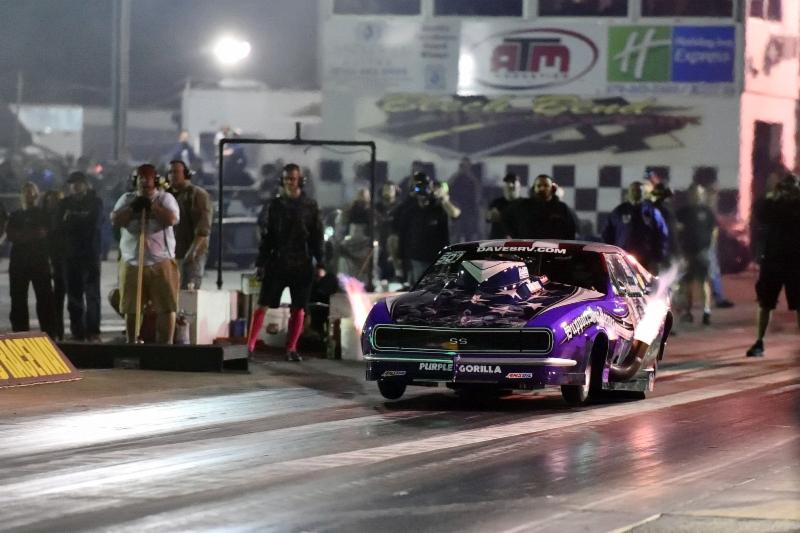 Crossnoe believed it was the atmosphere which made him gravitate toward the challenging art of working as a promoter.
Crossnoe believed it was the atmosphere which made him gravitate toward the challenging art of working as a promoter.
"I always enjoyed going to the events, but I'll be honest, the event that really got me hooked on it was Donald's [Long] second Lights Out," Crossnoe recalled. "My dad and I went down, we came home, and we were like, 'Man, that would be fun to do. It would be fun to have that kind of race close to where we live."
"At the time, I was working at Holly Springs, and we kind of packaged together two events for that season and had a great time, and then it slowly progressed to what it became with starting that race in Memphis and then moving it to Bowling Green. I've just always liked the family atmosphere.
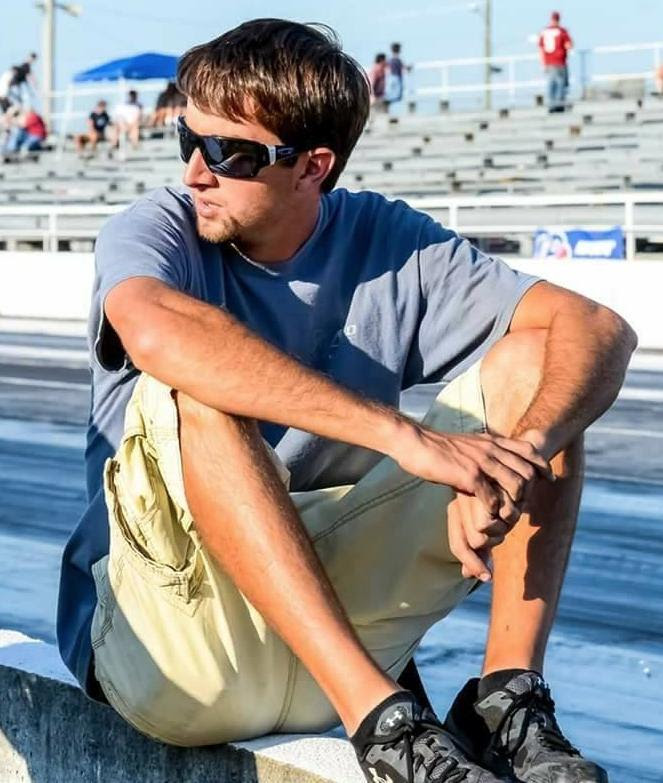 "I always enjoyed the camaraderie, the more of a fun environment of getting to put something like that together. I was never really in it to make a ton of money. Everything that we made on the event, we usually would either put back to put into the event again or something like that. It never was really a deal where it was like, 'All right, I've got to do this to make a living."
"I always enjoyed the camaraderie, the more of a fun environment of getting to put something like that together. I was never really in it to make a ton of money. Everything that we made on the event, we usually would either put back to put into the event again or something like that. It never was really a deal where it was like, 'All right, I've got to do this to make a living."
"I always had the mindset that I would rather give it back to the racer because at the end of the day if you don't have the racer, you don't have a show. So, I always kind of had that mindset on it which, could that have been the demise of it? Maybe so, but I always felt like that was their money anyways.
"Not saying that we didn't take a cut out to maybe help pay for a down payment on a vehicle or something like that whenever we got to that point, but at the same time it was ... that was their money. Fans came to watch the racers."
Crossnoe cannot help but think sometimes promoters are gluttons for punishment.
"At times," Crossnoe admitted. "I really feel like when everything doesn't feel extremely perfect, according to plan, you're opening yourself up for somebody to bash you. Case in point of a really bad oil down that maybe puts you an hour behind. Well, a fan that didn't see the oil down that happened at 11:00 comes in at 4:00 and says, 'Well, I thought Radial vs. The World was running at 5:00."
"Well, they're running at 6:00 because we've got an hour of downtime. And even something as small as that, somebody's going to nitpick it. I've always said that you could pay a million dollars and give them a free entry fee, and they'd still not like where they have to park. At the end of the day, I really feel like there's never going to be an event where nobody has a complaint or have an argument. There's always going to be something that somebody would like to see different. There's always going to be something that needs to be fixed."
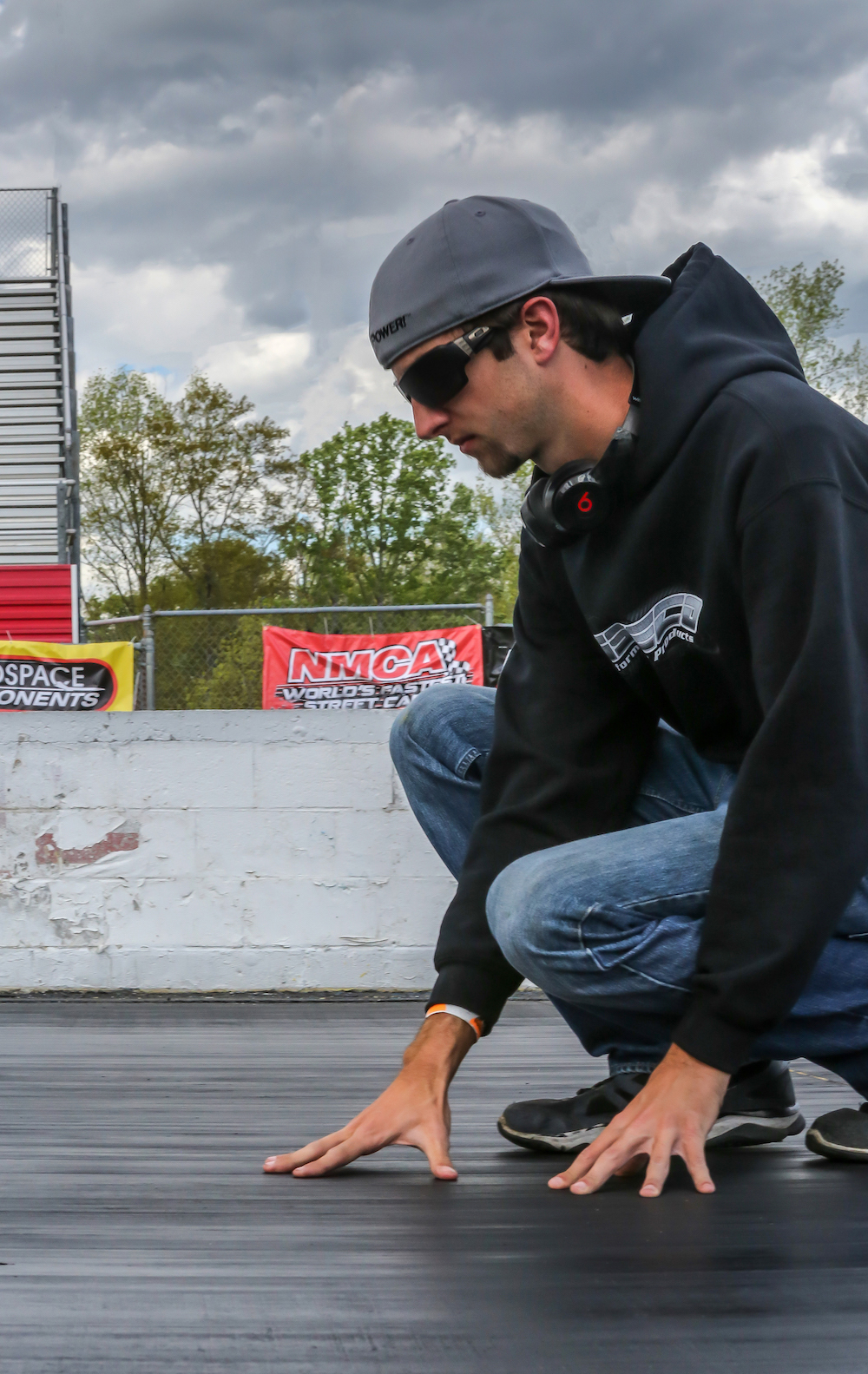 When you're a promoter, Crossnoe says, you only survive with a thick skin. Sometimes the criticism provides for improvement the next year. Other times it's racers being racers.
When you're a promoter, Crossnoe says, you only survive with a thick skin. Sometimes the criticism provides for improvement the next year. Other times it's racers being racers.
"You have to take it," Crossnoe said. "Take it as constructive, and .just say, "Hey look, that goes in our notebook, and this event next year we know we need to look at added entertainment off the racetrack."
"Maybe a different parking plan. Call on classes sooner, call on classes later because you've sat in the lanes for too long. Anything and everything like that. I feel like you can learn from racers. A lot of people will put the blinders on and go promote a race and say, "I'm not going to listen to the racers. I'm going to do my race this way, and this is the way it's going to be."
"In time, people are going to stop coming because people are going to offer up advice to help make the event better because they want to keep coming. If you're not getting advice from a racer, they're probably not enjoying the time, and they really don't care to go. I've always said you are on a hot seat 24/7, but it could be a good seat to pay off in the long run."
Crossnoe says the jury is still out as to whether his Outlaw Street Car Reunion will return.
"I'm not real sure yet," Crossnoe admitted. "Most people know I have a pretty full plate with being the vice president at Virginia Motorsports Park, last year taking over a Shakedown event for its past years with Bill Bader and David Hance, and then hosting a national event for the first time in my career last year. And then on top of that, I'm also a part of the PDRA as a series director. I have a lot on my plate, but that event's very near and dear to me. It really started my career, and got my name out there and helped me get to where I am today.
"I'm not going to say that I'm giving up on it. I'm not going to say that it'll never come back. I would love to see the event come back with the support that it's seen in the past, and just go out and have an awesome event and racers get to run for good purses. We have a great time, and fans get to enjoy a weekend at the races that are affordable, and just an overall fun time. Does the event stay in the Midwest? Does it move to the East Coast if it comes back? I'm not real sure, but that's where you just sit back and kind of let the fans and the people talk and see who talks the loudest."


























